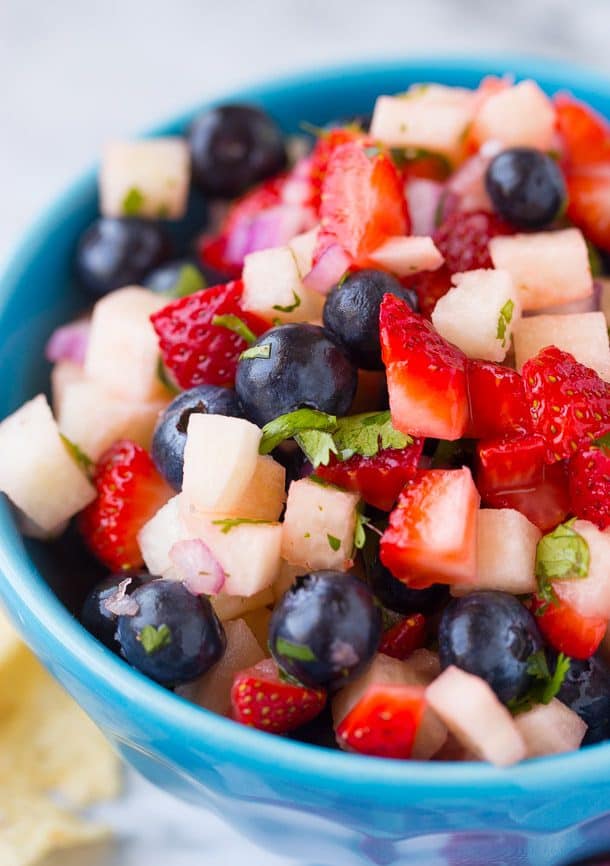Most people find watermelon to be a sweet watery snack, but watermelon is amazingly healthy for you. Watermelon is the lycopene leader of all fresh produce and contains excellent levels of vitamin C, vitamin A, and vitamin B6.
Lycopene is a pigment that gives fruits their red and pink colors along with being a plant nutrient and having antioxidant properties. Studies done have shown that lycopene’s antioxidant properties keep the free radical levels balanced helping protect the body from certain diseases, diabetes, and Alzheimer’s. Lycopene has also been shown to help slow down or prevent some forms of cancer. A more recent study showed a diet rich in lycopene lowered the risk of a stroke by 31% and heart disease by 17-26%.
Vitamin A, C, and B6 also have tons of health benefits. Vitamin A is beneficial in eye health. The National Eye Institute did an age-related study on eye disease. They found taking high levels of vitamin A can help reduce the risk of developing age-related macular degeneration by 25%. Besides just vision, vitamin A helps in skin growth and skin repair. Vitamin C in watermelon, helps support the immune system against infections and viruses. Also, because it’s an antioxidant, vitamin C helps protect the body from free radicals that can harm it. Lastly, vitamin B6. This vitamin helps the immune system build antibodies, which helps the body fight diseases. B6 also helps the body maintain normal nerve function, form red blood cells, and break down proteins.
Other benefits of eating watermelon include asthma prevention, hydration, and a decrease in muscle soreness. A recent study found a low risk of asthma developing in patients who consumed a high amount of nutrients such as vitamin C. Watermelon helps with hydration because it is 92% water and full of electrolytes. Lastly, watermelon and watermelon juice have been shown to help reduce muscle soreness because it has the amino acid L-citrulline.
Watermelon has tons of health benefits and at 43 calories in one cup, who wouldn’t want to eat it. Plus, there are hundreds of ways to incorporate watermelon into everyday recipes.



